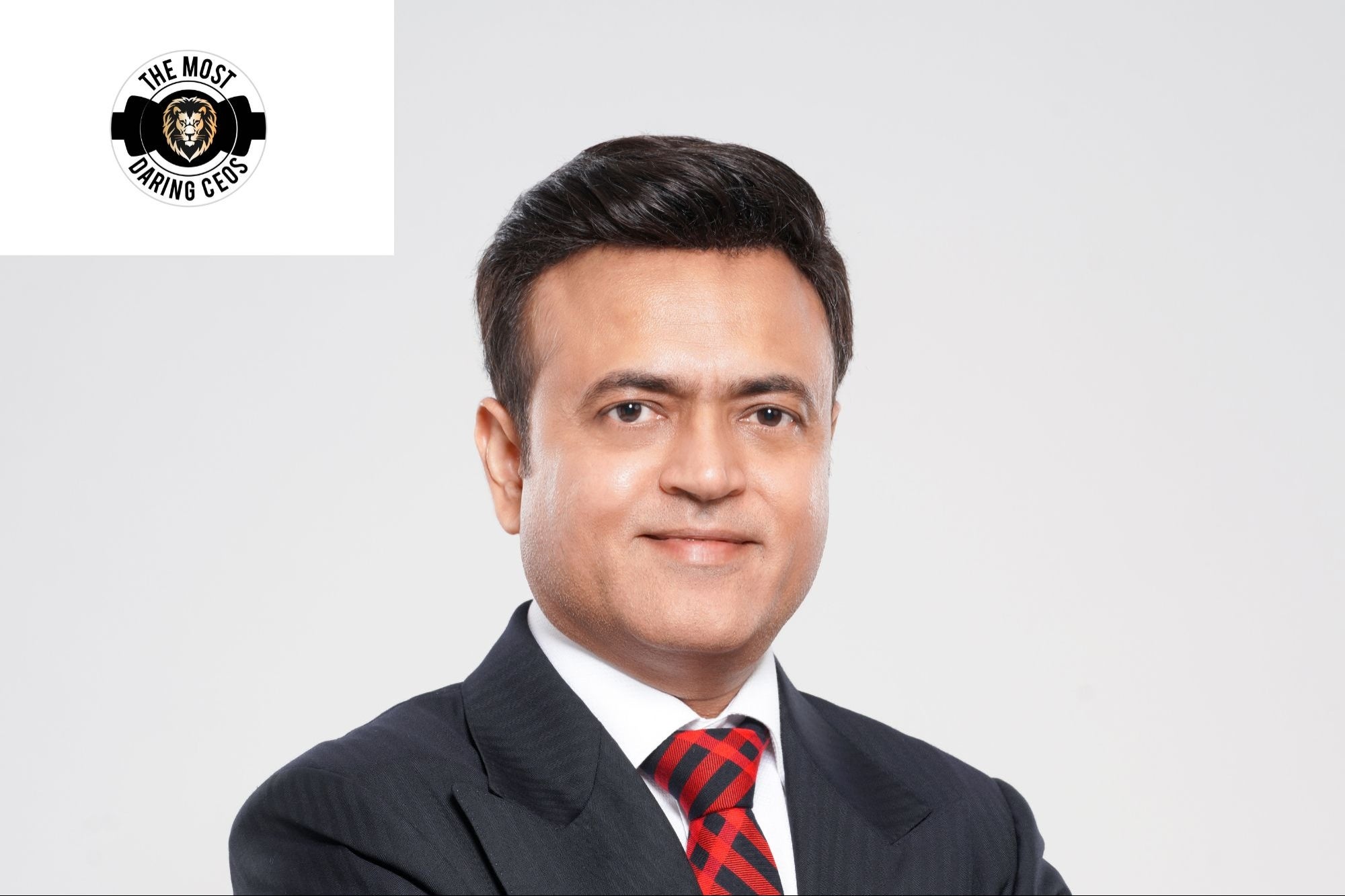How Technology Startups are Re-Designing Healthcare Delivery Model in IndiaTelemedicine along with digital medical devices, that negates the need for human intervention, has proven to be an effective model in delivering healthcare solutions to rural locations
ByNilesh Jain•
Opinions expressed by Entrepreneur contributors are their own.
You're reading Entrepreneur India, an international franchise of Entrepreneur Media.

The biggest gaps in the Indian healthcare delivery model is the doctor to patient ratio, the absence of proper medical infrastructure across all small towns and villages, shortage of hospital beds in millions and, above all, the cost of treatment and medication.
Gap in healthcare delivery model in India
The Indian healthcare ecosystem is well defined and, in many ways, one of the most prolific and respected across the globe. India is ranked one amongst the top 10 countries for medical tourism based on its quality of doctors and state-of-the-art medical infrastructure. In the last decade, there has been a slew of private medical hospitals mushrooming across metro and Tier 1 locations that have all possible required infrastructure and facilities under one roof. Nearly, 76per cent population in India do not have medical insurance or appropriate insurance and the cost of treatment in these facilities becomes unaffordable by nearly a majority of the population. On the other hand, Government-run hospitals are also improving their existing infrastructure to build capacity and cater to a large number of patients that are seeking affordable medical treatment. But for the second largest populated country in the world, with over 70per cent of its population residing in rural locations, India is far behind in terms of proper medical facilities (read hospitals) and has a requirement of over2 millions hospital bedsto effectively serve its population.
Innovation is the Only Answer
Though, India is creating medical infrastructure and building capacity by increasing the number of hospitals and medical colleges, she has to adopt innovative approaches that can reduce the need of large physical medical infrastructure facilities, reduce the overall healthcare expenditure of the nation and create a faster and effective delivery model that provides quality and affordable medical treatment across its large population.
Using technology to bridge the gap in deploying quality healthcare in rural areas
Rural India faces other challenges for patients apart from quality and affordable treatment. Majority of the population in these areas suffer from tobacco-related diseases, amongst others. These patients, from the lower economic strata, are literally pushed into poverty during the course of their treatment due to parameters like cost of medical treatment, regular travels to hospitals, boarding charges, if any, while the course of treatment, loss of daily wages or income and inadequate or no medical insurance to support their treatment. The challenge is of an effective delivery model that provides affordable cost of treatment by experienced medical practitioners at their doorstep at their time of need.
The healthcare startup ecosystem is looking at building holistic solutions that are patient-centric, interconnected, easily deployable and cost-effective (for patients and governing bodies) to integrate into their existing infrastructure without the need to build further capacity in terms of doctors or medical infrastructure.
The integration of technology to improve the existing delivery model gained momentum in the last few years and with the penetration of internet services, telemedicine became a platform of connectivity and deployment of medical solutions. The challenge, in this model, was not connectivity but diagnosis which was based on a weak assessment of the medical workers and the patients understanding of their symptoms that could be misleading and result in the wrong course of treatments leading to further medical complications. The solution is digital medical devices that could record all possible vital statistics and relay them to the doctor without the need for human interference and that could also be portable to be carried for home visits in case of emergencies. Healthcare startups are now designing and developing medical devices that can providea complete body scanto help doctors prescribe appropriate medication.
Startups working in this space, that have already deployed digital solutions, are now working towards creating a larger impact by building stronger online medical infrastructure like patient records to improve efficiencies in delivery model. Digital technology is now strengthening patient care through predictive healthcare which uses data management, Machine Learning, Artificial Intelligence and IoMT (Internet of Medical Things) to predict possible fatal ailments in near future through assessment and analysis of data based on past medical history, habits, age, genetics, current diagnosis, medication, family history and lifestyle amongst other factors to inform, educate and encourage patients to improve on their lifestyle.
Telemedicine along with digital medical devices, that negates the need for human intervention, has proven to be an effective model in delivering healthcare solutions to rural locations. The role of technology in delivering medical solutions in rural areas, building patient records and in educating patients on lifestyle has gone beyond basic doctor-patient dependency to creating a stronger ecosystem that envelopes important backend parameters like charting the need for different medical supplies and other equipments based on the analysis of prescribed treatment, understanding location vulnerabilities with regards to diseases and habits (high tobacco or alcohol consumption, rising case of malaria or other illness) and creating appropriate warning systems to control the spread of an outbreak and provide required physical support.












